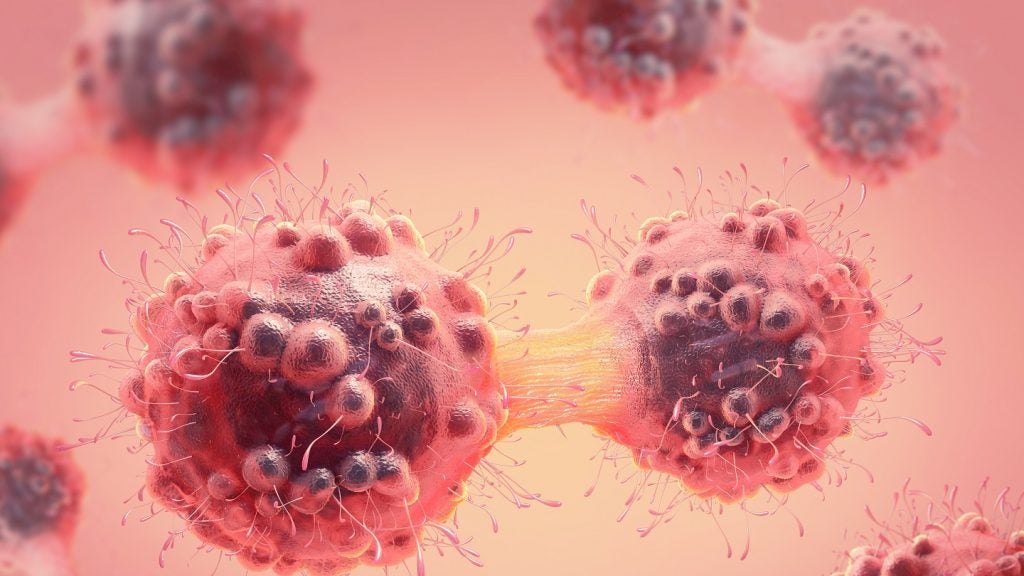TransCode Therapeutics has dosed the first subject in a first-in-human Phase 0 clinical trial of radiolabeled TTX-MC138 to treat advanced solid tumours.
Carried out under an investigational new drug application, the exploratory study intends to enrol nearly 12 subjects.
The study aims to quantify the amount of TTX-MC138 delivered to metastatic lesions and assess the pharmacokinetics of the candidate.
The first subject dosed with a single microdose of radiolabeled TTX-MC138 followed by positron emission tomography-magnetic resonance imaging (PET-MRI) showed good tolerance to the dosage.
Data obtained from the subject is being analysed and monitored including results of PET-MRI.
It will be further used for determining the uptake of TTX-MC138 in subject with metastatic lesions.
In addition, data from the trial, including therapeutic dosing, timing, and potential safety, will be used for initiating Phase I trial planned to begin next year.
TransCode CEO and co-founder Michael Dudley said: “The capability to deliver nucleic-acid based therapeutics to cancer represents a major turning point in the field of RNA because it opens up the possibility of developing an entire new class of drugs against most previously undruggable genetic targets.
“Overcoming this challenge could constitute an unprecedented step in unlocking therapeutic access to a range of cancers and beyond.
“Demonstrating successful delivery to cancer using TransCode’s proprietary TTX delivery platform could also enable progress towards more personalised cancer therapy guided by genetic profiling.”
TransCode considers TTX-MC138’s potential in improving breast, colon, ovarian and pancreatic cancer, glioblastomas and others.
Preliminary efficacy of TTX-MC138 was demonstrated in spontaneous feline mammary carcinoma and when administered as monotherapy in murine model of pancreatic adenocarcinoma it showed complete responses.









